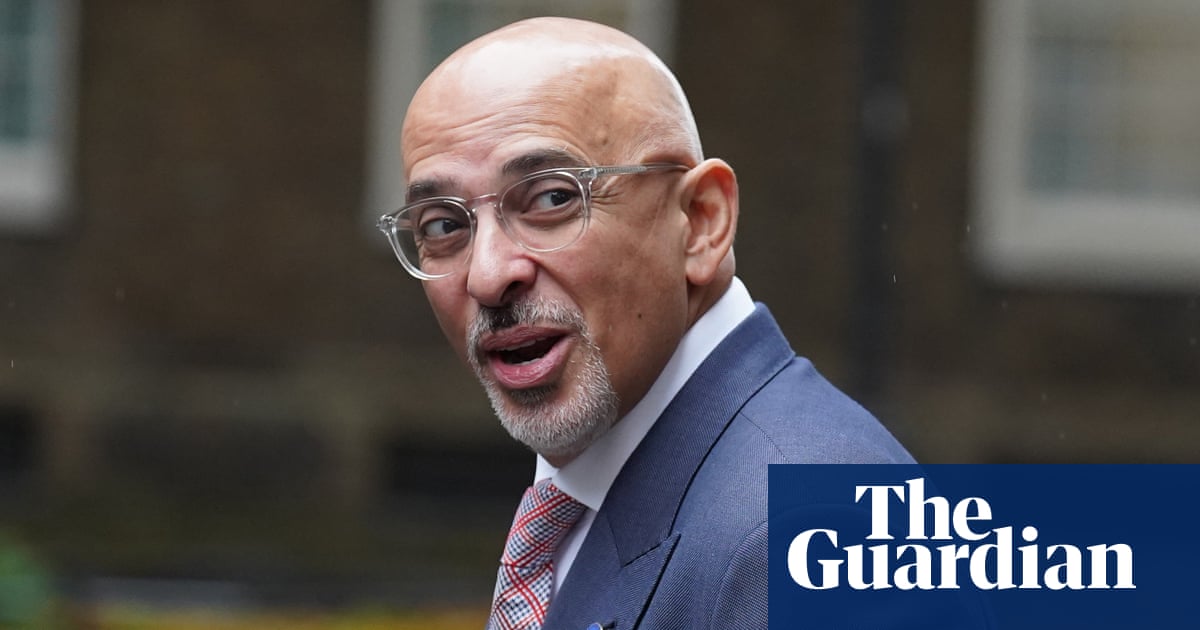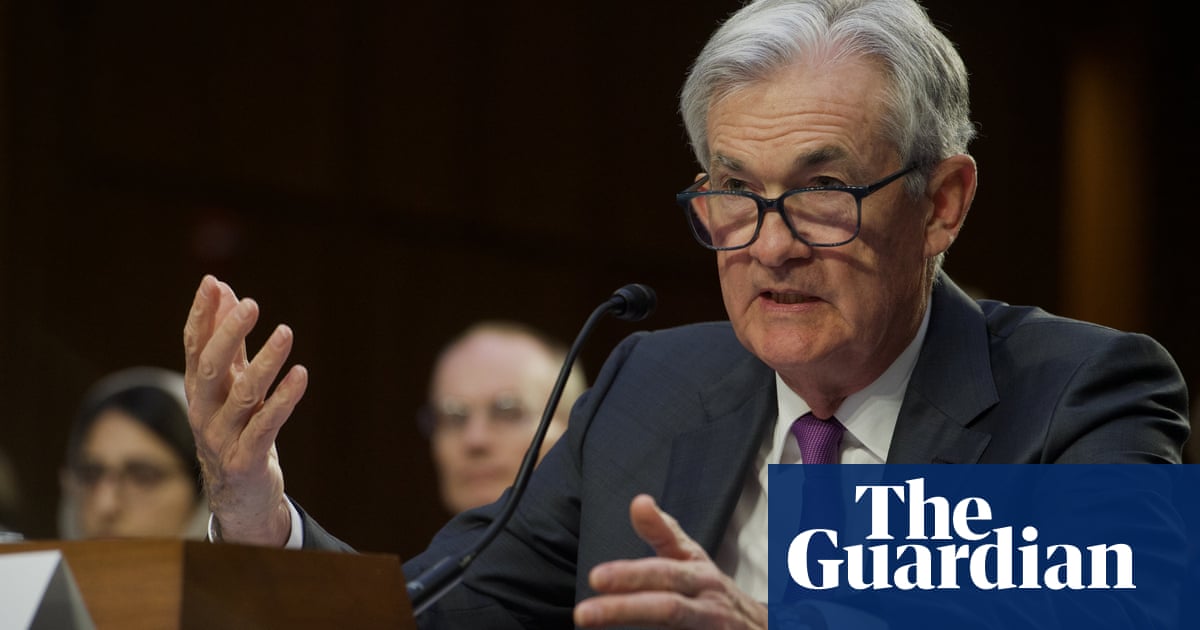
RIYADH: Environmental, social and governance policies have become politicized as a certain section of the community view it with a woke bias against financial companies, a senior official of a leading US-based global litigation firm has claimed.
Speaking at the Future Investment Initiative in Riyadh on Oct. 27, John Quinn, the chairman of Quinn Emanuel Urquhart & Sullivan, said: “ESG is seen by some as the pursuit of a leftist agenda in the business world.”
Quinn added that it is seen by some as something governments should do instead of funds or private equity firms.
“We have this phenomenon of governors in the US saying our pension funds are not going to invest in any businesses entities or funds which say they promote the ESG,” he added.
Speaking on the problems of ESG, Quinn said it is too vague, as it lacks metrics and comparability. Measures of ESG are usually met with very little agreement about what is being measured and how these measures are being weighed, he explained.
“There is not a shared understanding of the metrics, so there is an element of subjectivity.”
Venture funds
Another session at the FII forum heard how the business climate has been gloomy, with several funds performing below par thanks to geopolitical turmoil, economic uncertainties and social issues.
“An estimated 75 percent of venture funds do not end up performing well,” said Jacques-Philippe Piverger, the CEO of venture capital firm Goodlight Capital during the “Future of Venture Capital” panel.
He argued that investments tend to do better when there is “a correlation between diversity, equity, inclusion and performance.”
Research has indicated that firms with higher diversity within their boards and leadership are 34 percent more likely to perform better than the competition when it comes to financial returns, the CEO disclosed.
In the same sense, according to venture capital company First Round Capital, firms that practice gender equality and have women co-founders tend to outperform other firms owned solely by men by an estimated 63 percent.
While women can return up to 78 cents for every dollar invested, men return less than half of that figure.
On another note, the venture capital activity in the Middle East and North Africa region increased 46 percent to $1.8 billion in the first half of 2022, according to Dubai-based startup data-crunching firm MAGNiTT.
The MENA region is moving in parallel with other global markets to deploy funding to specific industries with the highest focus.
There is no doubt that venture capital firms have helped create crucial businesses and entities that have allowed the world to progress significantly over the past 50 years, yet challenges still linger.












